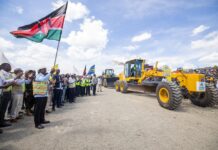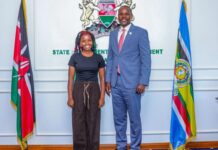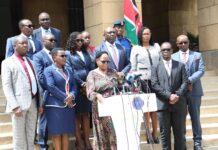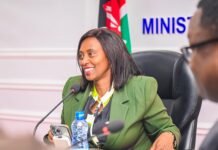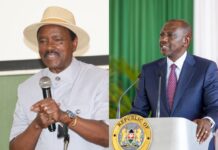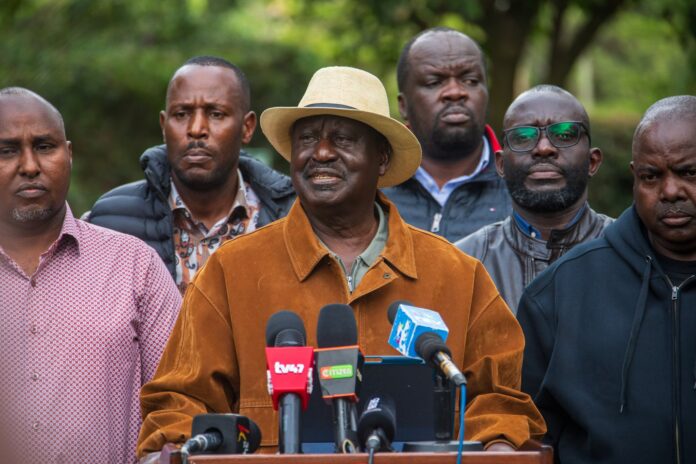
A section of Kenyan legislators has dismissed ODM party leader Raila Odinga’s call for a national conclave as an ineffective solution to the country’s growing political and economic unrest.
Odinga, speaking on Monday during the 35th anniversary of the historic Saba Saba protests, proposed the establishment of a broad-based, intergenerational dialogue forum to tackle issues ranging from police brutality and corruption to economic inequality. He said the conclave would craft critical reforms and culminate in a national referendum.
However, Makueni Senator Dan Maanzo countered the proposal, saying the real problem lies in political leadership and accountability. “As much as you want a conclave leading to constitutional changes, it won’t fix what ails the country. The core issue is political dishonesty and corruption,” Maanzo said during an interview on Citizen TV.
He pointed to the controversial 2024 Finance Bill as a case in point, noting that despite widespread protests, lawmakers pushed it through. Maanzo argued that only elections can change the country’s current leadership, urging the youth to register and vote.
Tetu MP Geoffrey Wandeto echoed the sentiment, saying some reforms, like ending police brutality and political intimidation, require executive action, not national forums. “Remove state-backed goons from protests, stop abducting critics, and respect civil liberties. That doesn’t need a conclave,” Wandeto said.
Odinga’s call comes amid growing discontent over rising living costs, human rights violations, and public distrust in state institutions. Though once a prominent opposition figure, his recent alliance with President William Ruto has cost him support among youth-led protest movements and sections of the political class.
Despite the criticism, Odinga insisted the conclave should be led by Kenya’s “most sober minds” and focus on police reform, transparency, anti-corruption measures, and youth economic inclusion.
As tensions persist, the debate underscores the widening gap between political leaders and a restless, increasingly vocal public.
Written By Rodney Mbua











